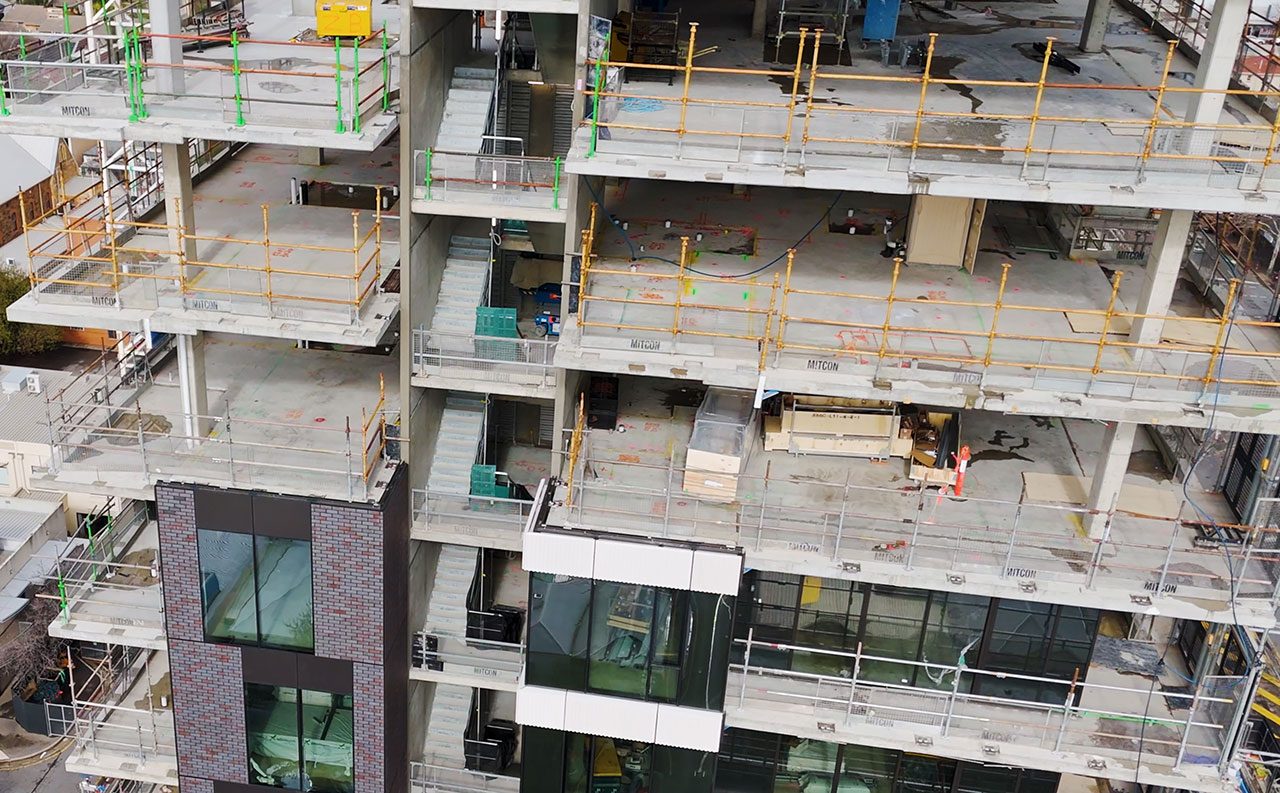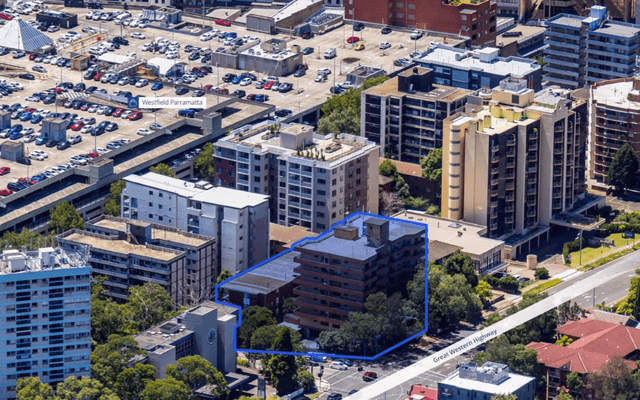This article is from the Australian Property Journal archive
WHILE most construction material prices remain solid, economic stressors from both China and the US, plus upheaval at home with the government’s intervention with the CFMEU could threaten this stability.
According to Altus Group’s Construction Material Price Outlook for Q2 2024, material prices have remained somewhat stable, though notably copper prices are up and steel prices have fallen to their lowest level since 2016.
Copper pipe prices were up 5.65% for the quarter and 8.65% for the year-to-date, with prices expected to continue growing in the near term.
This reflects ongoing investment into renewable energy and electricity generation, on top of the growth in the data centre sector.
While structural steel prices saw a drop of 1.32% for the quarter and 5.73% in 2024, with expectations of prices holding flat for some time, as demand softens on a global level and in the largest steel market, China.
The Chinese property sector takes a share of around 30% of the country’s steel, utilising 296 million tonnes of the material in 2019 but halving in 2023.
Rebar was in the same camp and has fallen to its lowest rate since 2017, falling 2.50% over the quarter and 4.96% in 2024.
Concrete prices were up 1.12% for the quarter and 4.71% in the year so far, with the minor increase largely due to growing energy prices over the quarter. Concrete is forecast to remain stable over the remainder of the year.
Structural timber is also expected to remain stable in the near term, after a fall of 0.43% over the quarter and 6.10% over 2024.
Declines so far have been attributed to a slow market, with bans to native hardwood expected to impact domestic supply.
Plasterboard prices saw an increase of 3.12% over the quarter for a 7.47% increase for the year so far.
Plasterboard costs are anticipated for continued rises, largely due to higher labour costs throughout both the manufacturing and finishing process, on top of rising energy costs.
Brick prices were also up over the quarter by 1.45% and 8.70% in the year to date, thanks to elevated demand and again from increased energy costs.
Diesel prices fell over the quarter by 2.01% but were up by 6.46% in 2024 so far.
After the federal government placed the CFMEU into administration, construction prices may be further at risk, with pay rises for labourers a likely outcome from other trade unions poaching for membership.
“Nationally, chronically low levels of housing approvals will only be addressed with government incentives or intervention. Once they start to flow, we anticipate a surge in activity and developers will begin to direct their efforts towards large-scale housing developments,” read Altus Group’s outlook report.
“Notably, the largest cost pressures are outside Australia’s control. Ongoing economic and geopolitical uncertainties in China and the United States are likely to be the major factors influencing construction costs for the remainder of 2024.”





